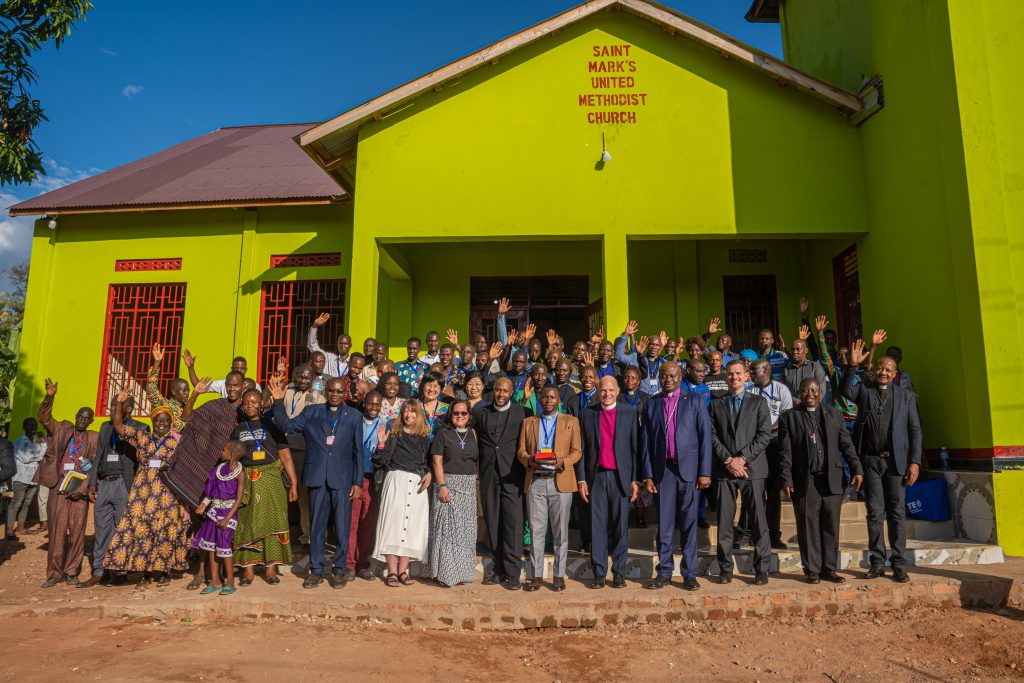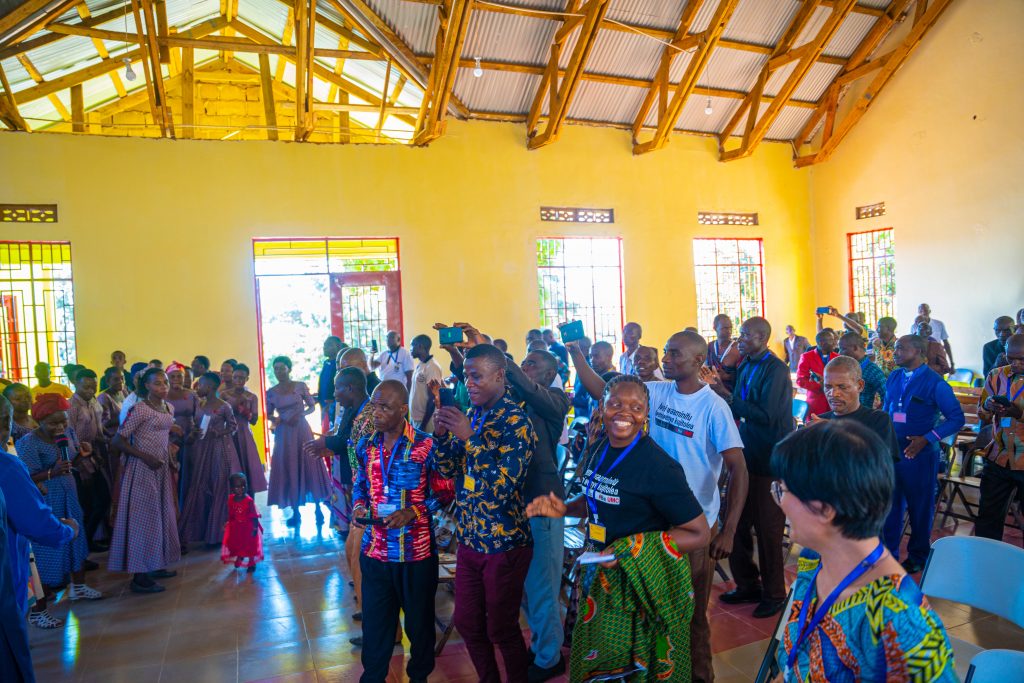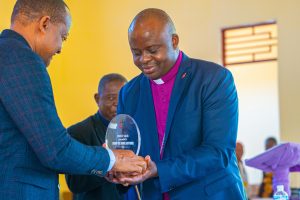About the UMC in Tanzania

The roots of the United Methodist Church (UMC) in Tanzania trace back to 1989 when the North Katanga Episcopal Area, under the late Bishop Ngoy Kimba Mwenze Wakadilo, introduced an evangelism project in the nation. This initiative saw six Congolese pastors sent to Tanzania, with the mission overseen by the pioneering missionary Rev. Numbi Muyombi Kapanda Makozo from North Katanga.
Despite initial financial constraints, missionaries persevered, relying solely on meager stipends and accommodation from the North Katanga Annual Conference. By 1995, due to worsening conditions, the mission was reduced to two primary pastors: Rev. Mutwale Ntambo and Rev. Umba Ilunga Kalangwa, both of whom played pivotal roles in church planting and evangelism, even amidst challenging circumstances like violence and poor infrastructure.
These efforts bore fruit. The initial mission saw the first UM members in Tanzania trained and ordained. By 2008, Tanzania was recognized as a provisional Conference, advancing to a full Annual Conference by 2012.

Under various leaderships, the UMC in Tanzania has expanded its outreach and services. Notably, Rev. Mutwale and Rev. Umba underwent missionary training in the early 2000s, with their spouses receiving training in Ghana. Today, they remain influential figures in the Tanzanian UMC community, with positions in Dar es Salaam and Morogoro respectively.
 As of 2017, under the leadership of Bishop Mande Muyombo, the UMC has firmly established itself with 74 churches across Tanzania. The country now hosts seven refugee camp churches and boasts eleven districts with over 6,000 members. Today’s UMC Tanzania comprises 52 ordained pastors, 25 local pastors, and several other missionaries from around the world.
As of 2017, under the leadership of Bishop Mande Muyombo, the UMC has firmly established itself with 74 churches across Tanzania. The country now hosts seven refugee camp churches and boasts eleven districts with over 6,000 members. Today’s UMC Tanzania comprises 52 ordained pastors, 25 local pastors, and several other missionaries from around the world.
In a predominantly Islamic and Catholic landscape, the UMC stands out as a beacon of Protestant faith, using evangelism as a tool complemented by literacy programs, leadership development, and global health initiatives.
